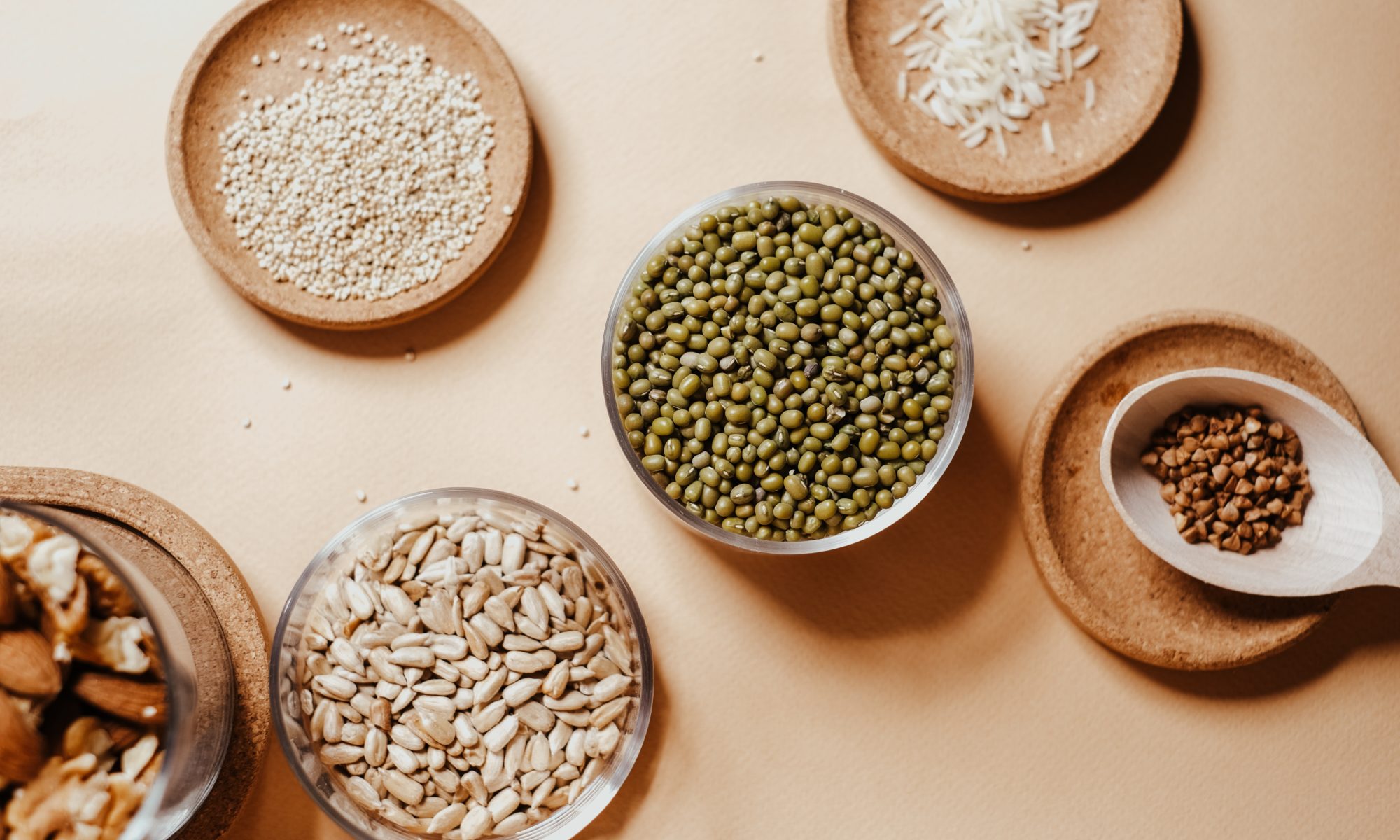Let’s cut to the chase: It can be awkward — downright embarrassing even — to talk about colon health. No one enjoys discussing such sophisticated topics as fiber intake, constipation or what it’s like to get a colonoscopy.
The thing is, your colon’s health is crucial to your overall well-being. According to the American Cancer Society, colorectal cancer is the third most prevalent cancer in the United States. One in 24 women will face a colorectal cancer diagnosis in her lifetime. That number’s not much better for men, either. One in 22 men is diagnosed with this type of cancer.
If that’s not enough motivation to make you long for the healthiest colon this side of the Mississippi, know that your colon is a major player in your digestive system. The better shape it’s in, the better shape your entire body is in. Here’s how to take good care of your colon.
1. Eat Lots of Fiber
You likely know that a diet that’s high in fiber helps you stay “regular.” What you may not realize is that simply keeping things moving down there is one of the best ways to prevent diseases affecting the colon.
Most people should shoot for 25-35 grams of fiber each day. Some of my favorite fiber-rich foods to nosh on include:
- Whole grain bread
- Lentils
- Seeds
- Nuts
- Berries
- Apples
- Carrots
- Broccoli
These are some of fiber’s heaviest hitters. Generally speaking, however, a diet that’s full of virtually any fruits, vegetables and whole grains is a tremendous way to boost your daily fiber intake. What’s more, individuals who eat a healthy, colorful diet tend to weigh less, which also decreases the risk of colorectal disease.
[insert page='Offer' display='content']
Still not convinced that it’s time to swap out those potato chips for carrot sticks? The antioxidants and nutrients present in most fruits and veggies have been linked to a lower risk of colorectal illness, too.
2. Exercise Regularly
Another great way to move your bowels is to move your body. Whether you take a fitness class at your local gym or simply take regular walks after dinner, that boost to your blood flow and overall circulation helps your digestive tract become more efficient.
3. Drink Up
Is there no limit to the wonders that drinking enough water can do? When it comes to your colon, quenching your thirst helps flush waste and other toxic materials out of your body, lowering your risk of disease.
If you struggle to squeeze your eight glasses of H2O in each day, consider using a water tracking app on your phone or charting it the old-fashioned way with a pen and paper.4. Don’t Skip That Colonoscopy
Colorectal cancers may be common, but they’re also very treatable if caught early. That’s why regular colonoscopies are crucial to your health.
What constitutes a “regular” colonoscopy depends on your age and various risk factors, which include not only your personal and family history with colorectal cancer but also other digestive issues such as IBS. The average person, for example, should likely have the procedure done once every 10 years, starting at age 50. (If you have a family history of colon cancer, talk with your doctor about how much earlier you should start.) During the procedure, your doc will not only check for signs of cancer but also remove any polyps or other abnormal growths that may develop into cancer or otherwise cause harm if left unchecked.
Being proactive about your colorectal health is critical to your overall health. Sure, it often means having an indelicate chat with your physician, but remember: It’s his or her job to talk about that stuff! More to the point, your doc talks about bowel movements as often as you do Real Housewives and your grandkids. Don’t let the potential for an awkward moment prevent you from taking the best care of yourself that you can.

